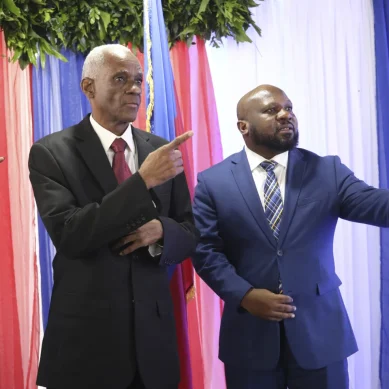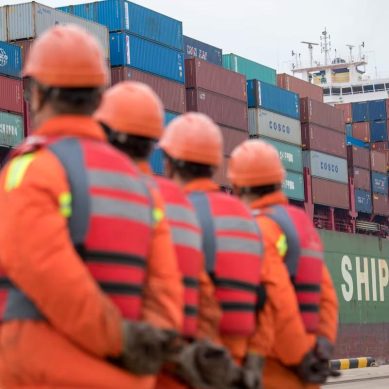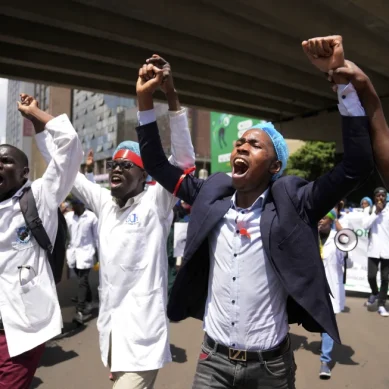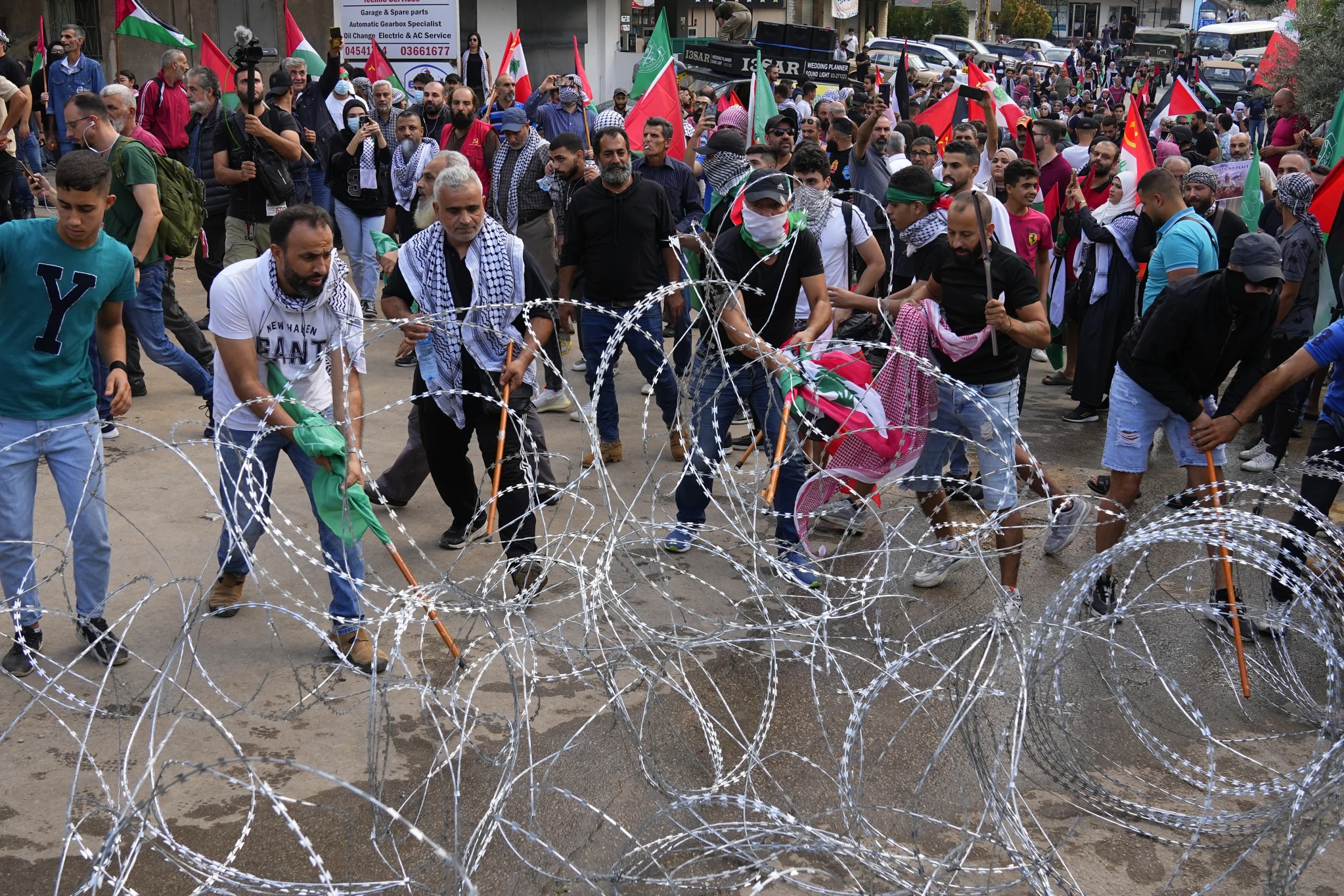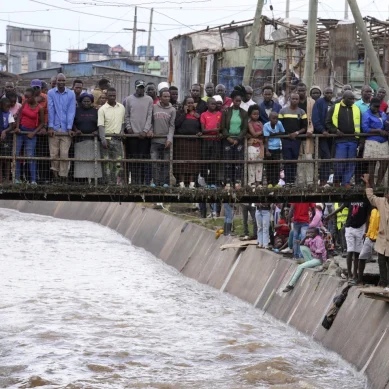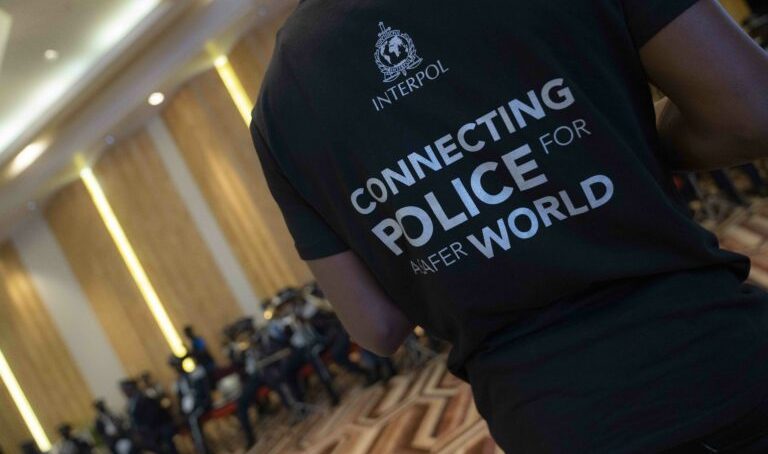
Interpol’s just ended Africa conference in Luanda closed with delegates agreeing to increase information sharing in multiple crime areas from counter-terrorism to wildlife trafficking.
More than 160 senior police officers from Africa and elsewhere attending the three-day conference in the Angolan capital heard that data sharing across Africa using Interpol systems increased by seven percent in 2022. This led to the international police organisation saying in a statement “even greater information sharing within and beyond Africa is recognised as a necessary condition to effectively address global crime threats”.
Interpol’s Africa strategy adopted by delegates on the final day of the conference will seek to strengthen exchange of “actionable information” through targeted projects. These include a digital learning platform – the Interpol virtual academy – and the Interpol global academy, a network of regional training partners.
Reinforcing strategic partnerships with the African Union (AU) and regional police chief organisations, such as SARPCCO (Southern Africa Regional Police Chiefs Co-operation Organisation), will be prioritised as initiatives such as the Interpol Support Programme for the African Union (ISPA) demonstrate tangible results.
“Interpol is a benchmark for successful co-operation. Because without co-operation and exchange of information, global security and stability are threatened,” Monique Nsanzabaganwa, AU Deputy Chair told the conference.
“Every year, Africa loses on average $60 billion in illicit financial flows and more than $140 billion to corruption. The AU will continue to rely on African police through Afripol (the AU ‘mechanism’ for police co-operation), Interpol and police in member-states to respond to these threats,” she said.
Specific recommendations on strengthening co-operation against environmental crime and terrorism were approved. The conference noted illegal online wildlife markets grow at “an alarming rate” with delegates agreeing to monitor and assess advertisements and social media groups to verify content extent and nature, as well as initiate national cyber wildlife investigations.
“A major source and transit region for environmentally sensitive commodities exploited and illegally trafficked to the rest of the world, Africa is a destination region for waste and other pollutants, often illegally trafficked and disposed of,” the post conference statement reads in part.
Police chiefs and other delegates heard that terrorist activity has increased in Africa, according to the Interpol 2022 global crime trend report, particularly since the territorial collapse of the Islamic State (Da’esh). Delegates resolved to leverage emerging technologies to better detect and disrupt terrorist movement across borders through increased regional and global police data-sharing.
The report is restricted with five specific criminal activities – organised crime, illicit trafficking, financial crime, cybercrime and terrorism listed in a summary. The terrorism component carries information on Jihadist terrorism, Islamic State-affiliate groups, the increase in extreme far-right terrorism and use of advanced technologies.
Africa is home to more Interpol member countries than any other region, representing almost 30% of the organisation’s membership. The continent hosts four of six Interpol regional bureaus in Abidjan (Côte d’Ivoire), Harare (Zimbabwe), Nairobi (Kenya) and Yaoundé (Cameroon).
- A Tell report
